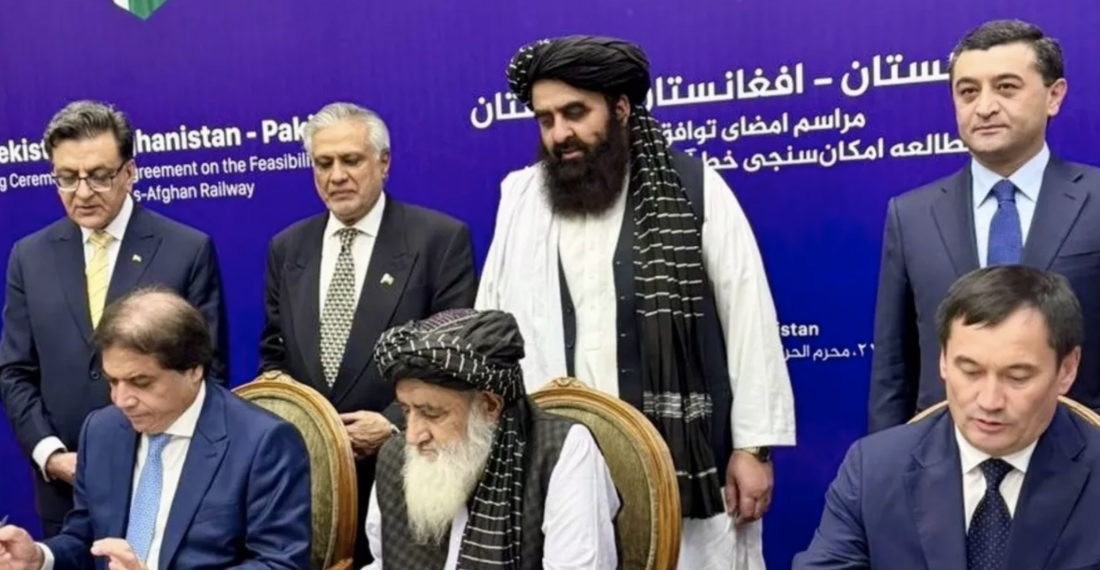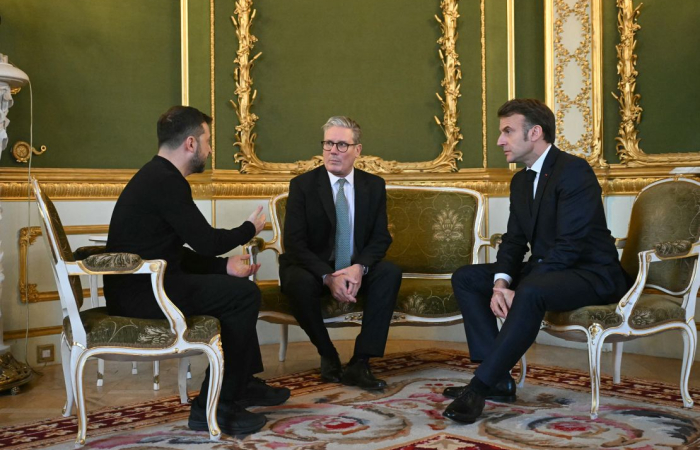On Thursday (17 July), Pakistan, Afghanistan and Uzbekistan signed a framework agreement in Kabul to conduct a joint feasibility study for the Naibabad–Kharlachi segment of the Uzbekistan–Afghanistan–Pakistan (UAP) railway corridor.
The planned rail link will connect Uzbekistan’s border region via Afghanistan to Pakistan’s seaports in Gwadar and Karachi. This will enable landlocked Central Asian countries to access global markets by sea. Officials say the corridor could reduce cargo transit times by up to five days and decrease freight costs by around 40%.
Pakistan's Deputy Prime Minister and Foreign Minister, Ishaq Dar, described the agreement as a "major milestone" for economic integration, praising the commitment shown by Afghanistan and Uzbekistan in finalising the terms. The Foreign Office added that the corridor could transform regional trade, ease transport and enhance security cooperation.






